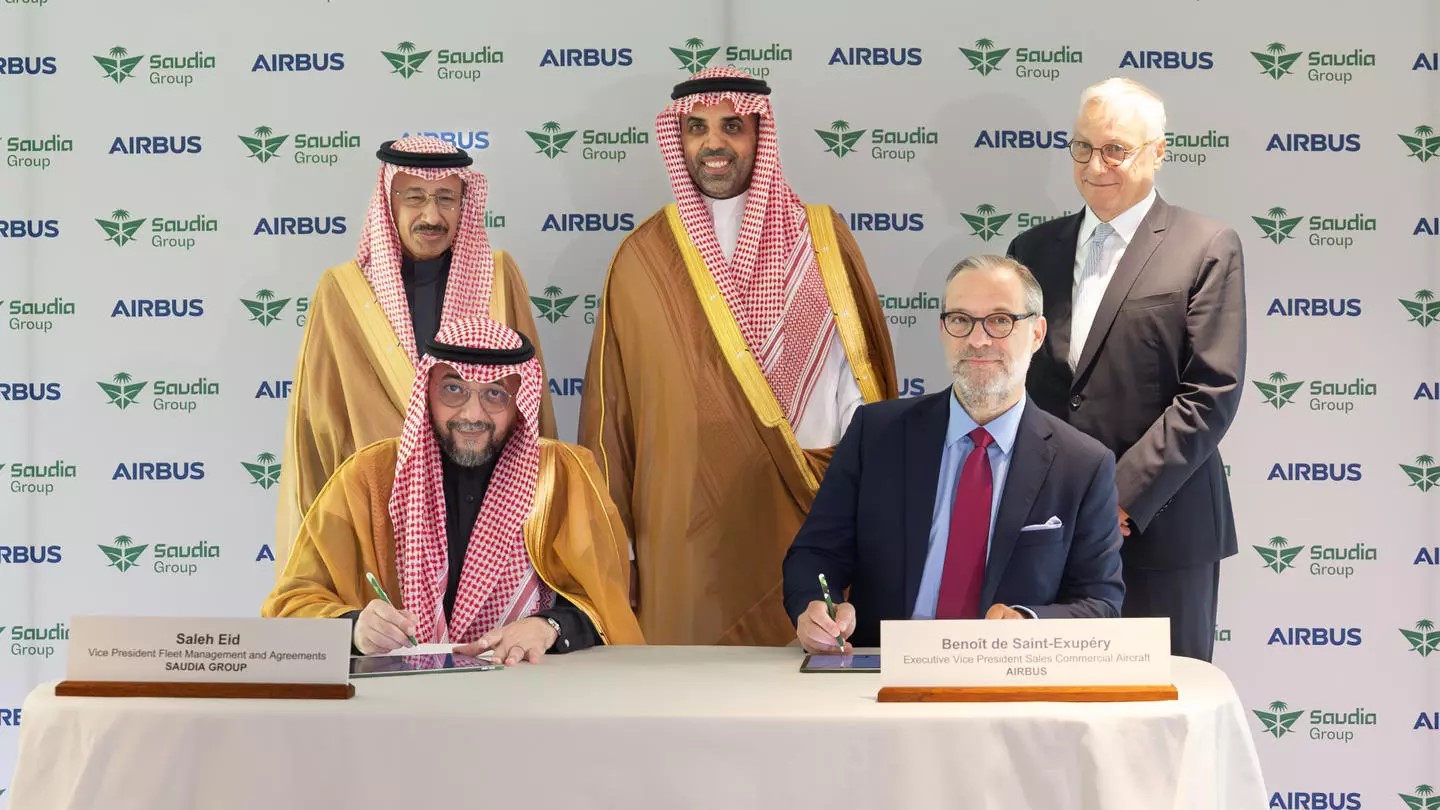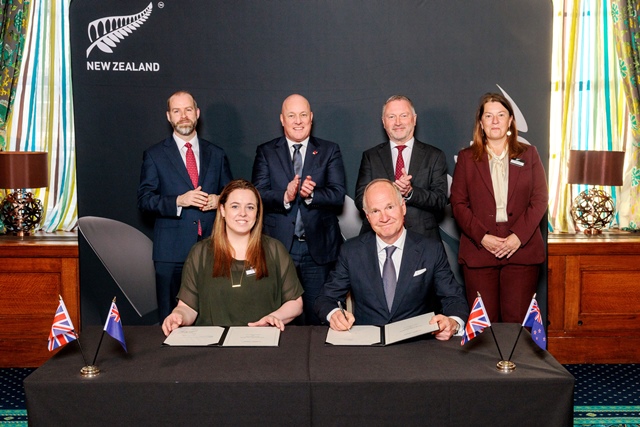LSE and Inmarsat publish report on airline passenger expectations

Courtesy Inamarsat
'Sky High Economics - Chapter Three: Capitalising on Changing Passenger Behaviour in a Connected World' examines the global shift underway in passenger demographics, behaviours and attitudes to loyalty.1 It underscores an immediate need for airlines to innovate in order to stay relevant in a competitive industry landscape, identifying $33 billion in share shift ‘up for grabs’ today for those developing the digital inflight experience that passengers are seeking. This opportunity equates to six per cent of the total annual commercial passenger aviation market.
Changing passenger demographics
Today, the airline industry is experiencing a period of exceptional change. Within the next decade, the first truly digitally native generation, Generation Z (born between 1997-2012) will become the largest group of air passengers, with 1.2 billion flying each year.
Paired with this demographic shift, digital disruption on the ground is driving expectations of inflight experience, and redefining attitudes to airline loyalty. According to the LSE research, Millennials (the largest passenger group today, born between 1981-1996) value loyalty less than any previous generation – a trend set to continue with younger generations.
The immediate opportunity for airlines
Sky High Economics identifies a market of close to 450 million passengers worldwide, currently uncommitted to any airline loyalty programme, who would switch their allegiance in favour of an airline offering high-quality inflight Wi-Fi.
This forecast is modelled using data from frequent flyer schemes, which reveal a market split into active, engaged frequent flyers (13%) and less engaged, brand-agnostic passengers (87%). Less engaged travellers – many of whom are younger flyers with new expectations of travel – present the largest opportunity for airlines to take market share.
Today, 12% of less engaged passengers are willing to switch allegiance to an airline that offers reliable Wi-Fi, worth $33 billion in share shift for airlines already offering the service to take from competitors. This sum is predicted to grow to $45 billion in the next decade, by which time Generation Z is expected to be the airline industry’s largest customer base.
Driving loyalty in a connected world
Sky High Economics identifies several modern drivers of airline loyalty in a digital world, encompassing engaging inflight experiences from e-commerce to premium content, personalisation before, during and after the flight, and making the flight a more significant component of the wider customer journey.
Dr Alexander Grous (B. Ec, MBA, M.Com, MA, PhD.), Department of Media and Communications (LSE) and author of Sky High Economics, said: “The next decade presents both a huge opportunity and challenge for the global aviation industry. The technology and infrastructure are ready to meet the expectations of always-on travellers and it is up to airlines to seize this opportunity now, or risk falling behind their peers – to the tune of $33 billion today, and $45 billion by the end of the next decade.”
Philip Balaam, President, Inmarsat Aviation said: “The widespread and growing appetite for connectivity, coupled with the vastly changing demographic of passengers, has shown that demand for connected, personalised and value-added services in the cabin is accelerating at pace. To stay relevant in a competitive industry landscape, airlines must adapt to the behaviours and expectations of today’s and tomorrow’s passengers now.
“High-bandwidth Wi-Fi with consistent coverage is essential to meet the demands of data-hungry passengers – but adopting the technology is just the start. The real opportunity exists in making inflight Wi-Fi an enabler for tailored passenger experiences, enhancing loyalty while accessing new revenue streams.”
To access and download the full Sky High Economics Chapter Three report, click here :













